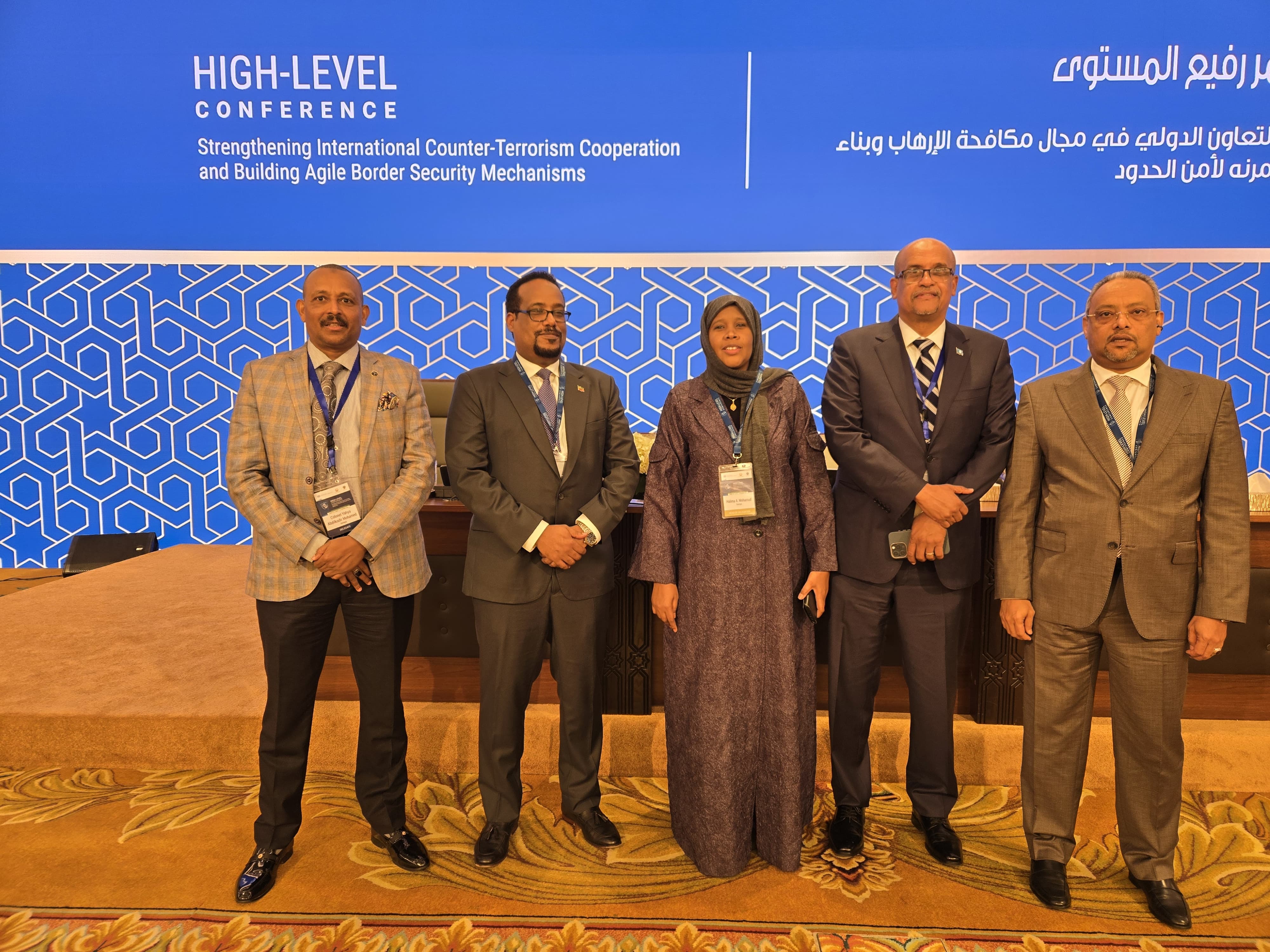
The National Counter Terrorism Centre has said the government is investing in advanced border surveillance, biometrics, and cyber intelligence capabilities to fight terrorism.
NCTC deputy director Colonel Yahya Mohamed said terrorist organisations are adapting quickly to technological advancements, using encrypted communications, drones and digital currencies to evade detection and finance their activities.
“We are working closely with the United National Office of Counter Terrorism, the United Nations Office on Drugs and Crime and other international allies to incorporate cutting-edge technologies, such as artificial intelligence and data analytics, to enhance our border security infrastructure,” he said.
Mohamed said Kenya’s geographical position, bordering Somalia and lying along a critical corridor of East Africa, makes it both strategically significant and highly vulnerable to cross-border terrorism threats, especially from al Shabaab.
“Our shared borders present unique security challenges that terrorist groups continue to exploit, using porous areas to facilitate movement, recruitment and the smuggling of arms and illicit goods,” he said.
“Strengthening our border control will disrupt the movement of illicit goods and prevent the infiltration of terrorist elements into our communities.”
He described terrorism as an evolving threat that ignores borders, calling for resilient, adaptive responses from nations worldwide.
He said despite Kenya’s security forces engaging daily in countering terror threats, the transnational nature of terrorism underscores the need for comprehensive, collaborative and multilateral responses.
“The transnational threats we face cannot be addressed by any single nation alone. Kenya firmly believes in the power of collaboration, which is why we actively engage with our regional neighbours and international partners,” he said.
Colonel Mohammed, who led the Kenyan delegation in the Fourth Dushanbe Conference on Strengthening International Counter-Terrorism Cooperation and Building Agile Border Security Mechanisms in Kuwait, said they are committed to expanding intelligence-sharing frameworks.
“This will allow for real-time data exchange, enabling us to detect and disrupt terrorist operations before they take root. Through this process, we aim to close operational gaps, enhance response times and ensure that our collective efforts are greater than the sum of individual actions,” he said.
Kenya joined over 450 global leaders in the two-day high-profile Fourth Dushanbe Conference in Kuwait on Monday and Tuesday, where the country emphasised its strategic role in countering extremist threats and securing borders, particularly along the Somalia frontier.
The Dushanbe Process provided a crucial platform to enhance cross-border cooperation, counter-terrorism financing, and knowledge exchange, allowing Kenya and other participating nations to share insights, experiences and practical solutions.
The Kenyan delegation highlighted the country’s achievements, including its National Strategy to Counter Violent Extremism, which integrates community resilience and rule-of-law principles into counter-terrorism measures, said Colonel Mohammed.
“We acknowledge that the root causes of terrorism extend beyond the battlefield. Socioeconomic vulnerabilities, including poverty and limited access to education and employment, make our young population susceptible to radicalisation,” he said.
“In Kenya, we are making concerted efforts to address these underlying issues, particularly in border regions like Mandera, Wajir and Marsabit. Our National Counter Terrorism Centre has spearheaded initiatives focused on youth empowerment, educational programmes and community engagement to build resilience at the grassroots level.”
Colonel Mohamed told the delegates that Kenya is also committed to a counter-terrorism strategy that upholds human rights and incorporates the voices of women and youth.
“Women play a crucial role in community surveillance, peacebuilding and resilience against extremist narratives. Similarly, engaging youth in these efforts helps counter the appeal of extremist ideologies,” he said.
“Our approach is inclusive, ensuring that all segments of society are actively involved in securing our nation. We are particularly inspired by this conference’s emphasis on a rights-based approach to counter-terrorism, which aligns closely with our values and goals.”











